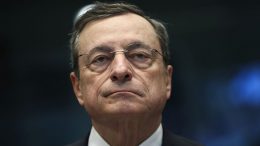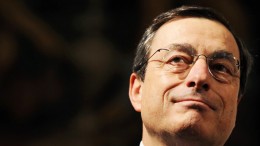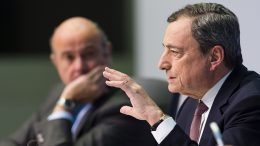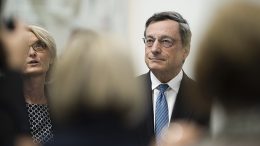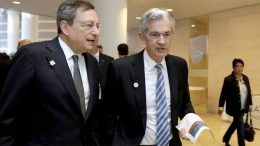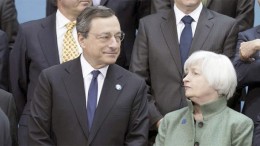Italy’s Presidential Race Puts a Strain on Political Balance
*This article was originally published by Fair Observer Alissa Claire Collavo | Italy’s parliament gathered in a joint session of both houses on January 24 to elect the country’s next president who will succeed Sergio Mattarella, whose term will end on February 3. A total of 1,009 voters, including 58 delegates chosen by regional councils and known as “great electors,” took part in the first stage of voting, which will be repeated every…


